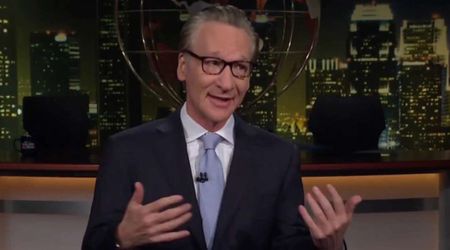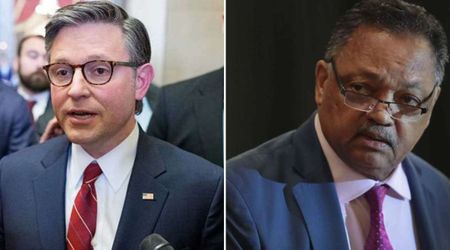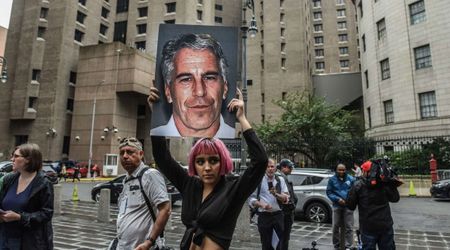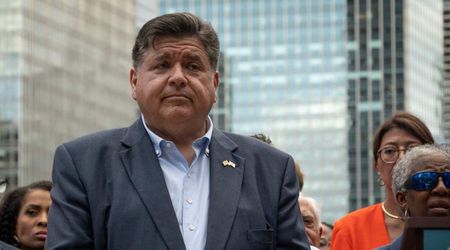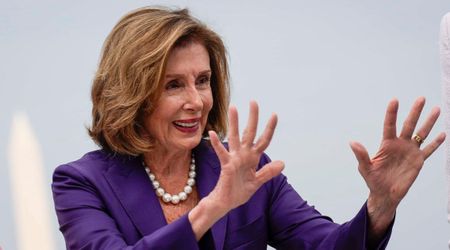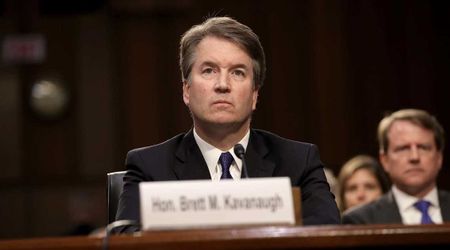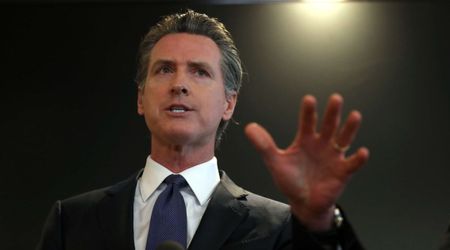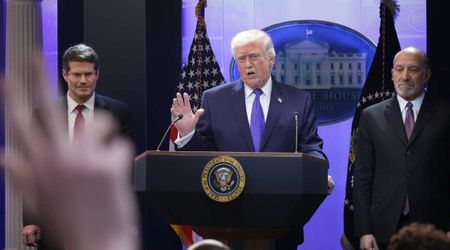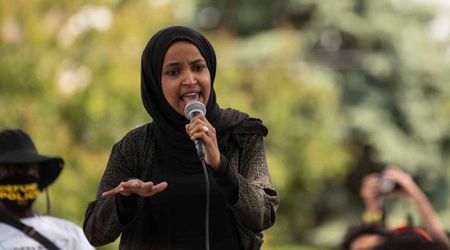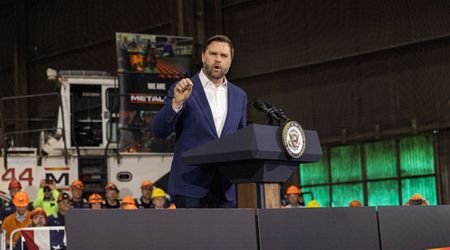Trump and Putin may 'divide the world' as Soviet leader Stalin envisioned, warns political analyst
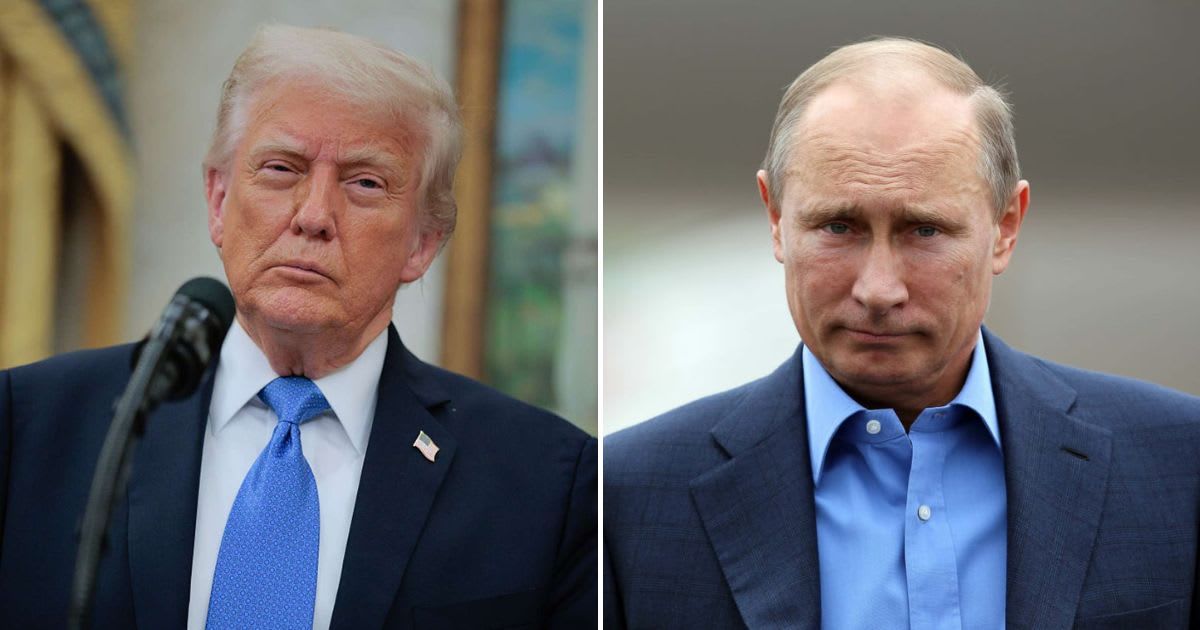
WASHINGTON, DC: President Donald Trump will meet Russian President Vladimir Putin in Alaska later this week for a high-stakes summit centered on ending the war in Ukraine.
The meeting, the first between the two leaders since Trump’s return to the White House, is already drawing global scrutiny, with analysts warning that Putin may use the talks to cement control over swaths of Ukrainian territory.
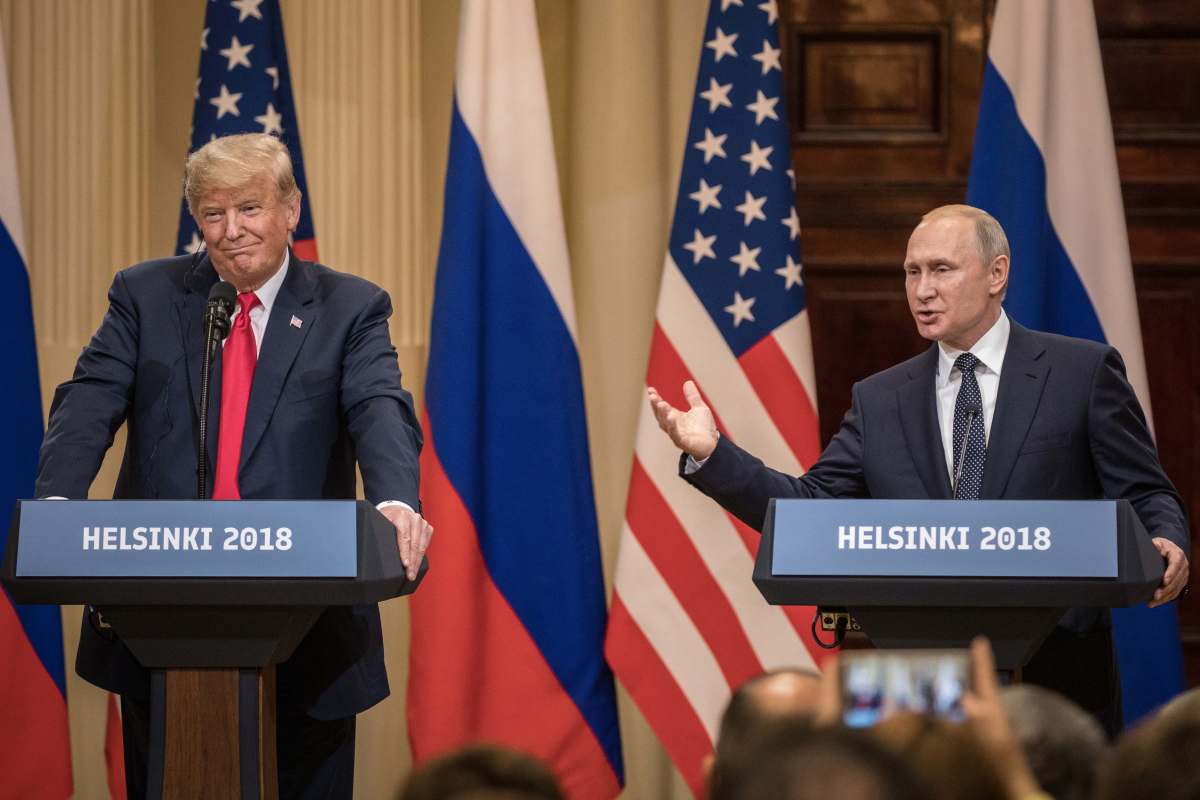
Political analyst warns of 'new Yalta' and Cold War revival
One of the strongest warnings comes from Andrey Kolesnikov, a Russia-based political analyst, who likened Vladimir Putin’s vision to that of Soviet leader Joseph Stalin.
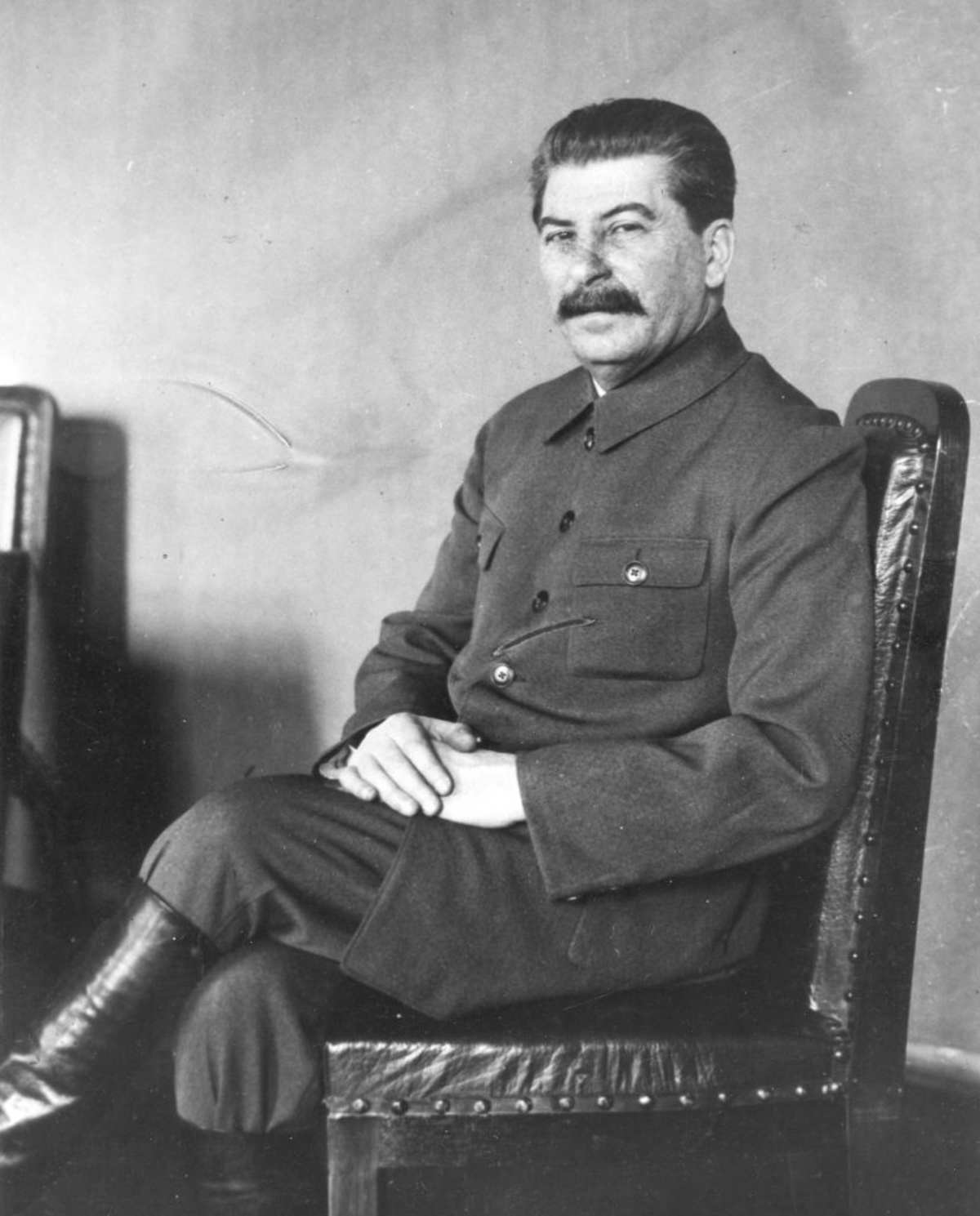
“Putin would like to divide the world into spheres of influence with Trump and Xi,” Kolesnikov told the Financial Times. “A new Yalta and a cold war, that’s just what he wants. He is eager to claim [Joseph] Stalin’s laurels.”
Kolesnikov’s reference to the Yalta Conference, the 1945 meeting between Allied leaders that carved the post-war global order, underscores the magnitude of what he believes is at stake.
He warned that such a division could institutionalize a world split between authoritarian and democratic blocs, increasing tensions and deepening rivalries for decades.
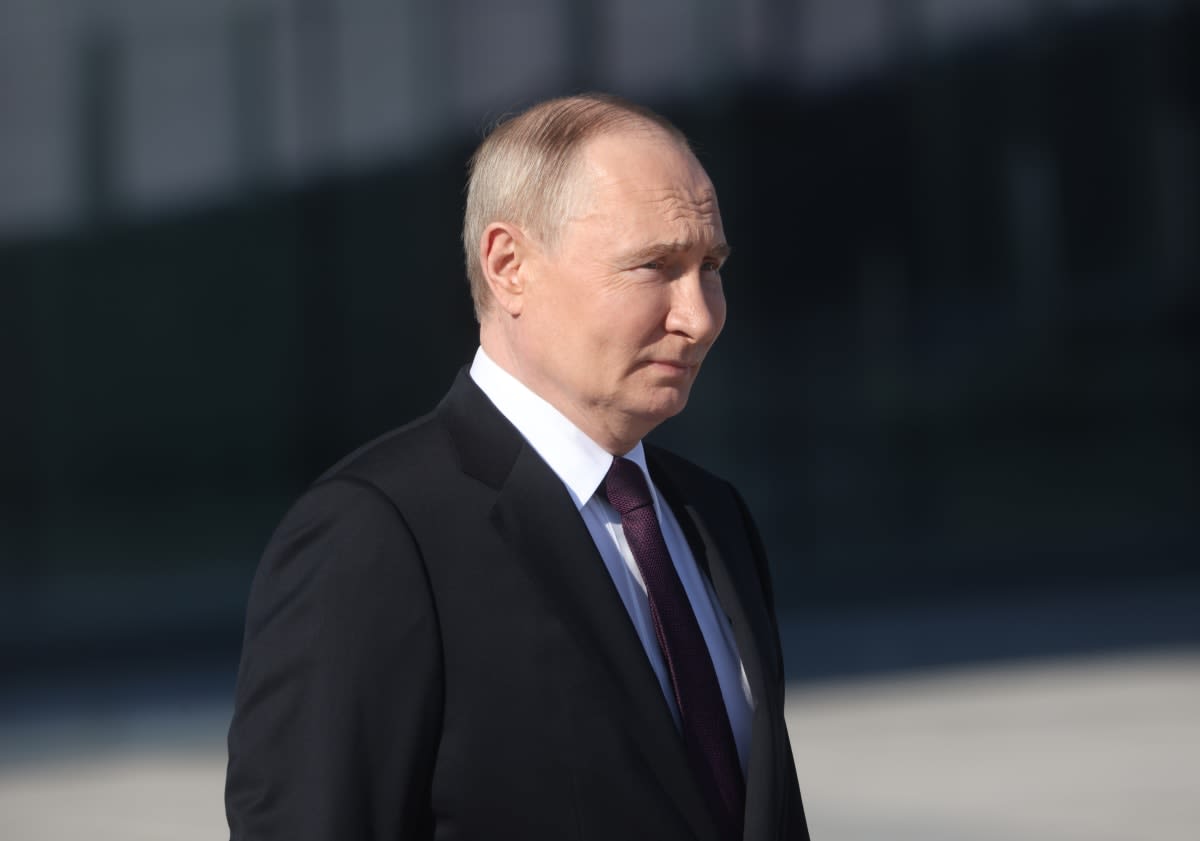
By invoking Stalin’s name, Kolesnikov suggested that Putin sees himself not only as a wartime leader but also as a historic figure capable of redrawing geopolitical lines to Russia’s advantage.
Vladimir Putin demands sweeping control over eastern Ukraine
In the run-up to the summit, Vladimir Putin made it clear that any peace deal would require Ukraine to surrender control over a vast area of its eastern regions, including parts currently outside Russian occupation. This proposal, cited by the Institute for the Study of War, would effectively redraw Ukraine’s borders.
Ukrainian President Volodymyr Zelensky has firmly rejected the idea, insisting on the full restoration of territorial integrity.
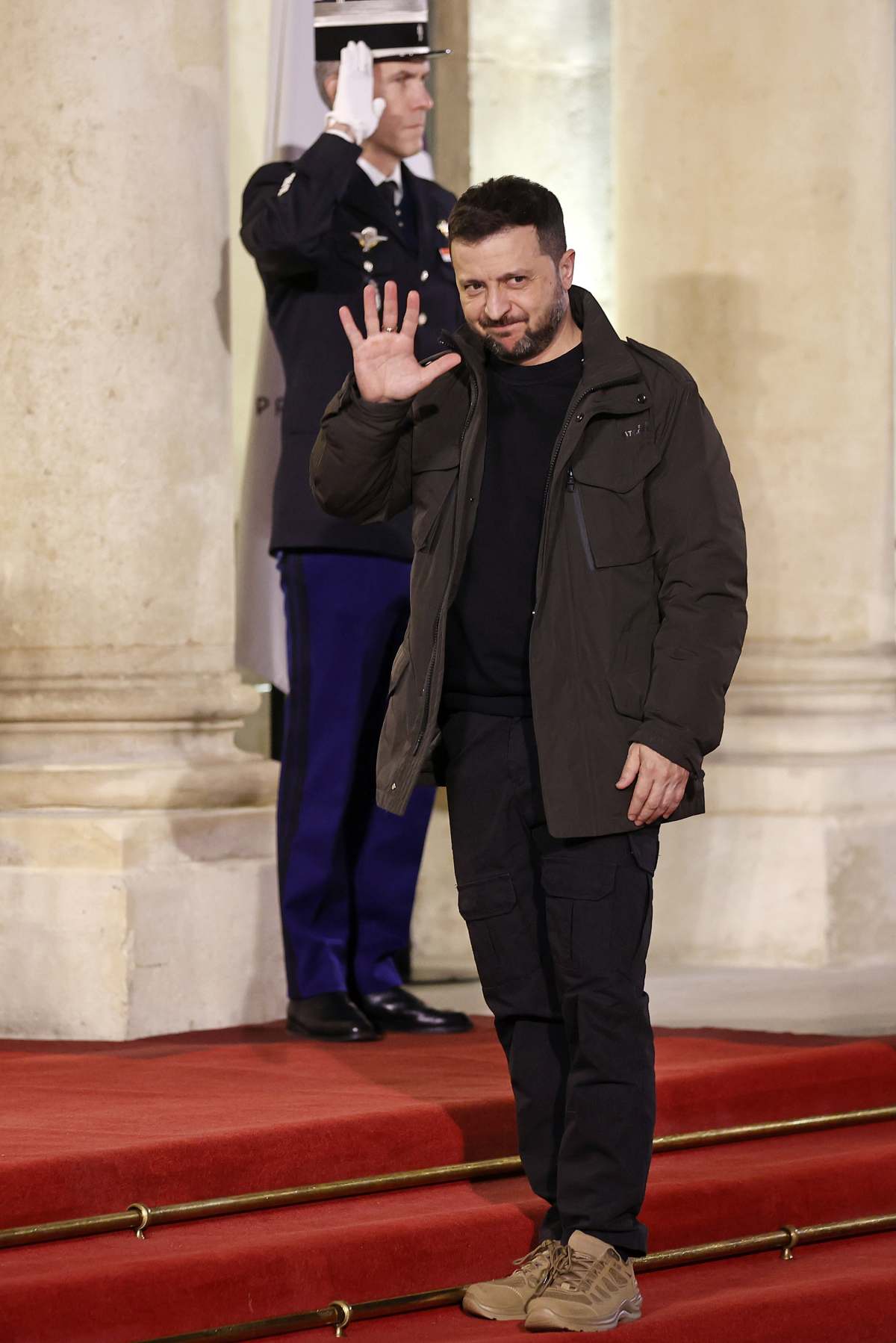
Trump, however, has signaled a more pragmatic and controversial stance, stating in earlier remarks that Kyiv may have to make “some concessions” to achieve peace. Critics argue that such a move would reward aggression and undermine the post–World War II international order.
Ahead of the Alaska summit, Putin hosted leaders from nine nations he described as “friendly” to Russia, including Chinese President Xi Jinping and India’s National Security Advisor Ajit Doval. These meetings highlight Moscow’s strategy of reinforcing ties with non-Western powers as leverage in negotiations with Washington.
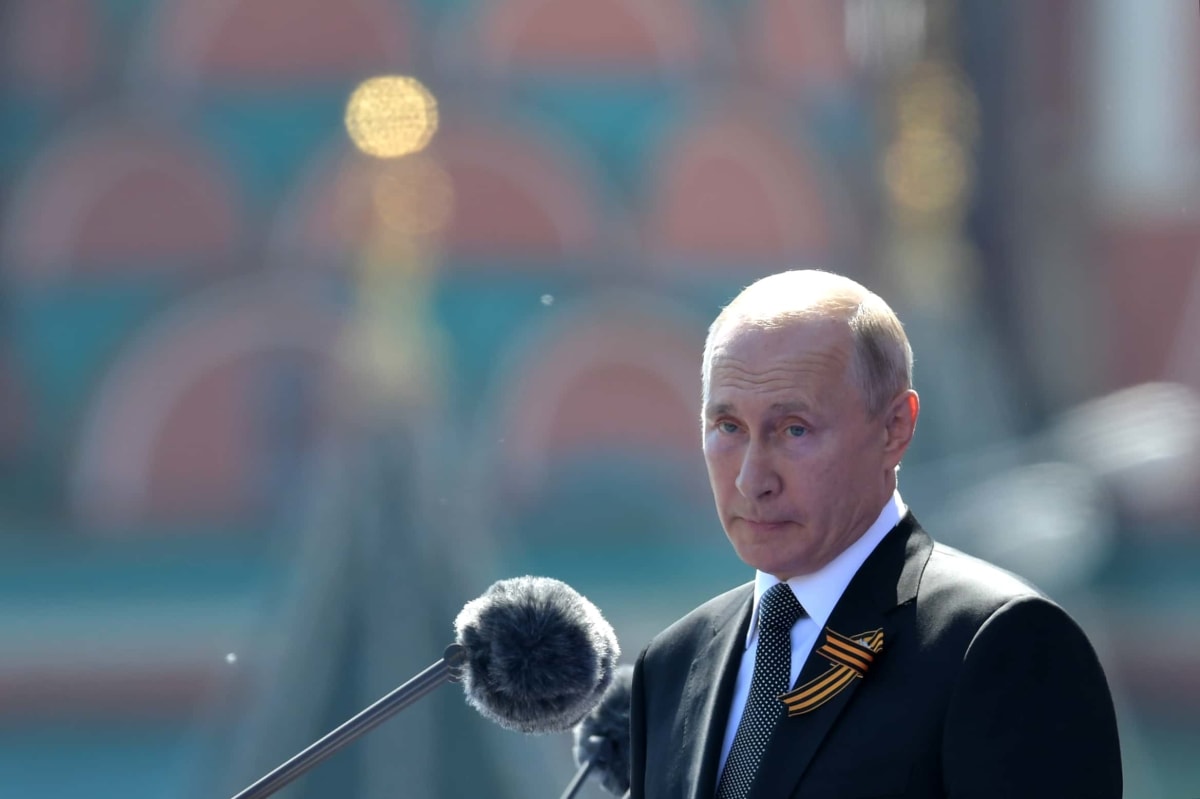
Despite the high-profile nature of the talks, many experts remain skeptical that a true peace agreement will emerge. Kolesnikov warned that Putin’s approach shows little sign of compromise, “There is no real alternative but to freeze the conflict along the current frontline. The post-Korean war stand-off is way more likely than a lasting peace.”

